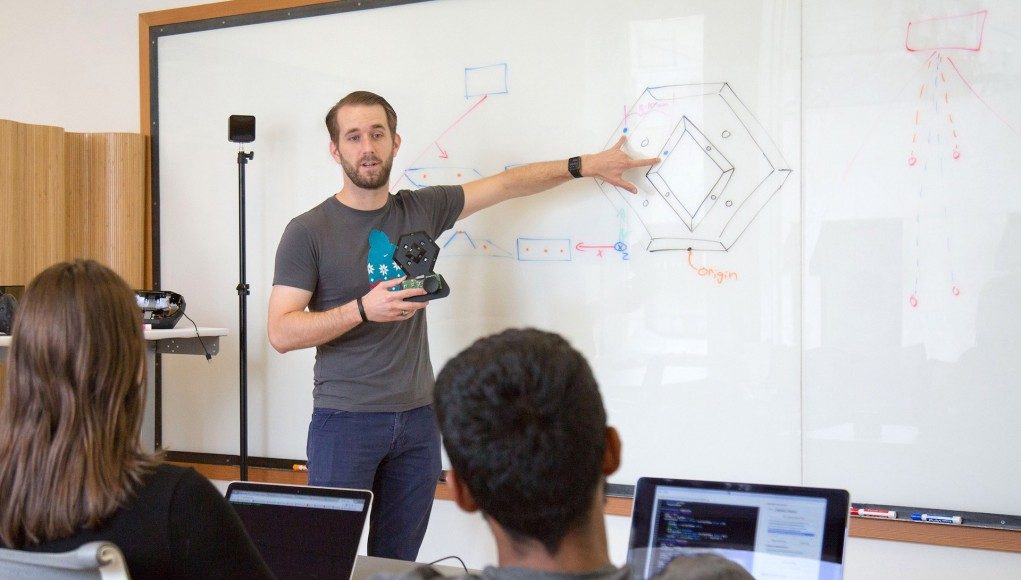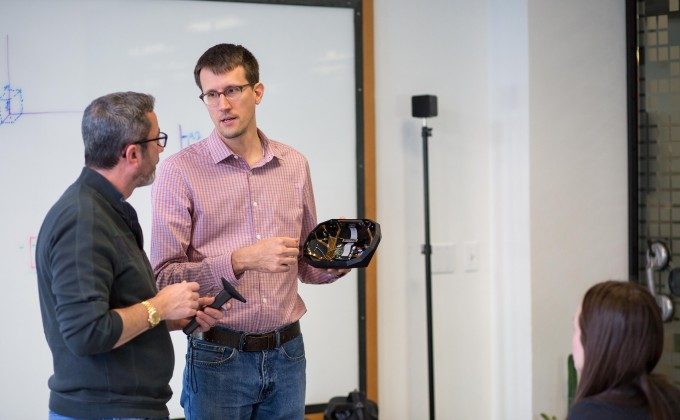Valve opened up their SteamVR tracking technology for third-party development in August, and since then, 50 developers have completed the mandatory training course provided by Synapse, the first company to enter the field.
Synapse says that most of the participants have been interested in gaming specifically, but some have expressed interest in applying the technology to the automotive industry, science, sports, education, and general consumer electronics.
Synapse has received more registrations for the training course than originally anticipated, so they’ve added additional slots for the course in November and December. A representative for Synapse said that there are currently no plans to continue the course past December, so interested developers should sign-up as soon as possible to get in the remaining classes.
Synapse will also be presenting a compressed version of their training course at SXSW as part of the VR/AR track in March of 2017.
At Valve’s annual Steam Dev Days event earlier this month, the company laid heavy emphasis on making their Lighthouse room-scale tracking technology available to companies wishing to integrate it into 3rd party products. Valve stated that claiming that those 300 licensees span multiple industries ranging from “entertainment VR to automotive to televisions and toys.” Further, Valve says we can look forward to seeing many of these products appear in 2017.
Shortly after the announcement that the SteamVR Tracking technology would finally begin to open up to third-parties, semiconductor firm Triad Semiconductor announced that it was collaborating with Valve to create the ‘light to digital’ chips that form an important foundation of the sensors and make the impressively accurate tracking and which Valve recommends for use in products integrating SteamVR Tracking.








